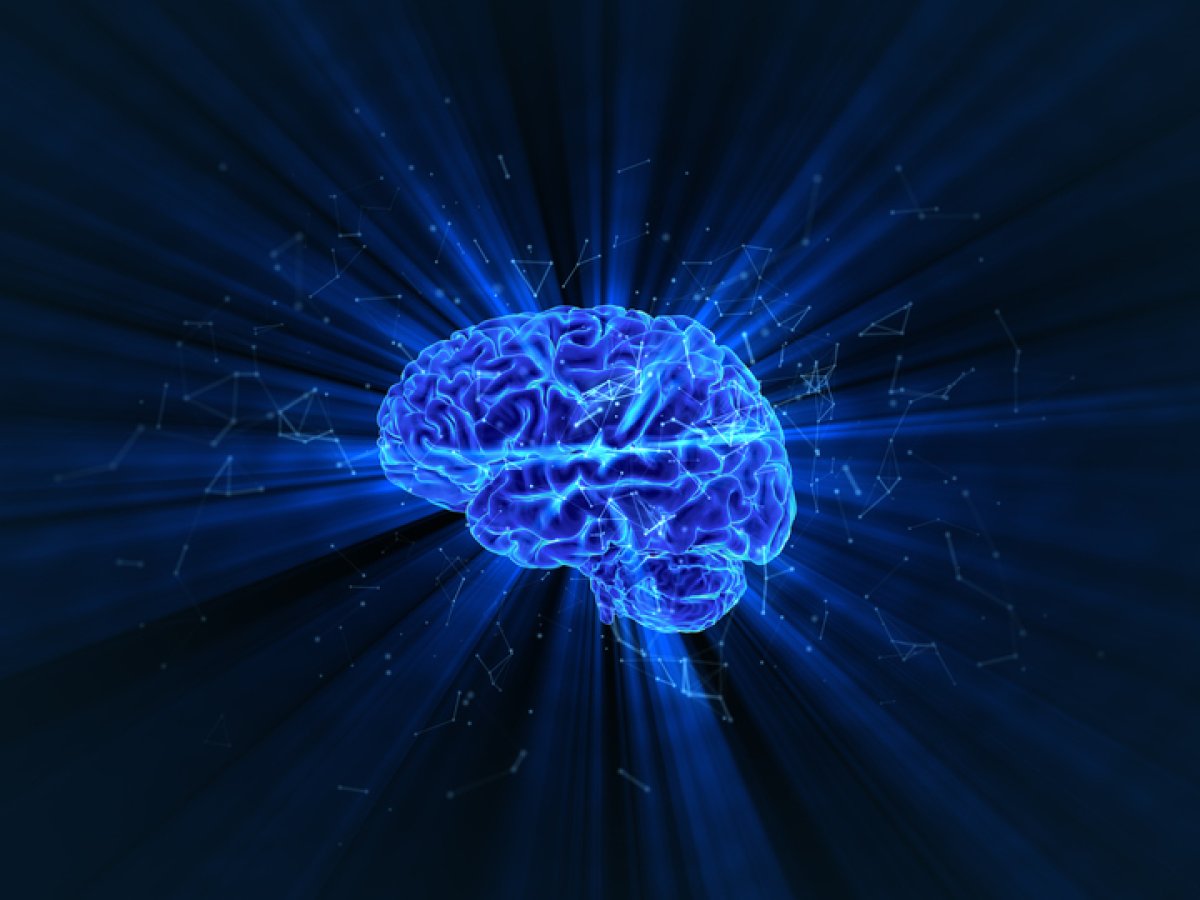The brain has been recorded replaying memories from the day during sleep for the first time. Using a brain-computer interface, researchers were able to watch the "offline" brain replaying neural firing patterns that had been learned earlier, while participants were awake.
During sleep, the brain works to consolidate and organize memories. This has been shown in extensive research in non-human animals, where scientists monitored firing activity from groups of individual neurons while subjects were sleeping. "At the neural level, offline 'replay' is thought to underlie such memory consolidation," said Beata Jarosiewicz, who previously worked for the U.S-based research consortium BrainGate, and is now a senior research scientist at Silicon Valley tech company NeuroPace.
Jarosiewicz is one of the researchers involved in a clinical trial where a team tried to get direct evidence of the human brain replaying memories while asleep. Their findings were published in the journal Cell Reports.
She told Newsweek that in humans, scientists have previously provided non-invasive neuroimaging and EEG studies to show larger-scale brain activity patterns being reactivated while sleeping. "But the recording technologies in those studies did not have the spatial resolution to directly test for replay at the level of neural firing rate patterns, as we have done here," she said.
In their experiments, the team implanted electrodes into the motor cortex and the middle frontal gyrus of two participants. The implants are part of a wider clinical trial that aims to develop brain-computer interfaces that could let people with tetraplegia control devices with their brains. "The main goal of BrainGate's research is to help restore communication, control, and independence to people with severe motor disabilities, but our wonderful participants have also given us this unique opportunity to help further scientific understanding of the human brain," Jarosiewicz said.
In their experiments, the team asked the participants to play a simple video game that involves color panels lighting up in different sequences, which they then have to repeat. Rather than using a handheld controller, they played the game using their minds. Scientists recorded the neural activity take place as they played. Participants were then asked to relax with their eyes closed, and sleep if they wanted.
When they looked at the brain activity taking place during the rest period, the researchers found neurons were replaying the sequences recorded during the game. Jarosiewicz said that to their knowledge, this is the first direct evidence of memory replay in the human brain during rest.
"This study supports the possibility that replay-related memory consolidation mechanisms that have been extensively studied in non-human animals might be present in humans as well," she said. "By understanding the fundamental basis of memory consolidation better, we hope to be able to design better treatments for diseases that cause memory impairments, like Alzheimer's disease."
The study is not without limitations. The trial was only on two participants, so the sample was small. It also did not address how much the strength of the replay related to the strength of learning. Jarosiewicz said future research could help examine this by asking participants to play the game again after their nap.
Another area the team hopes to look at is how replay evolves over longer periods of time and during different stages of sleep—and how that may relate to phenomena such as dreaming.
"Some theories posit that the contents of one's dreams might at least partially arise from the activation of neural activity patterns representing previous waking experiences, which echoes what we believe to be happening in memory consolidation: more recent memories being gradually incorporated into, without disrupting, our long-term memory store. It's an intriguing possibility that I hope future research addresses, but it's not something we were able to address in our study."
Correction 05/07 8.46 a.m.: Details of the experiment have been clarified in this article.

Uncommon Knowledge
Newsweek is committed to challenging conventional wisdom and finding connections in the search for common ground.
Newsweek is committed to challenging conventional wisdom and finding connections in the search for common ground.
About the writer
Hannah Osborne is Nesweek's Science Editor, based in London, UK. Hannah joined Newsweek in 2017 from IBTimes UK. She is ... Read more
To read how Newsweek uses AI as a newsroom tool, Click here.








